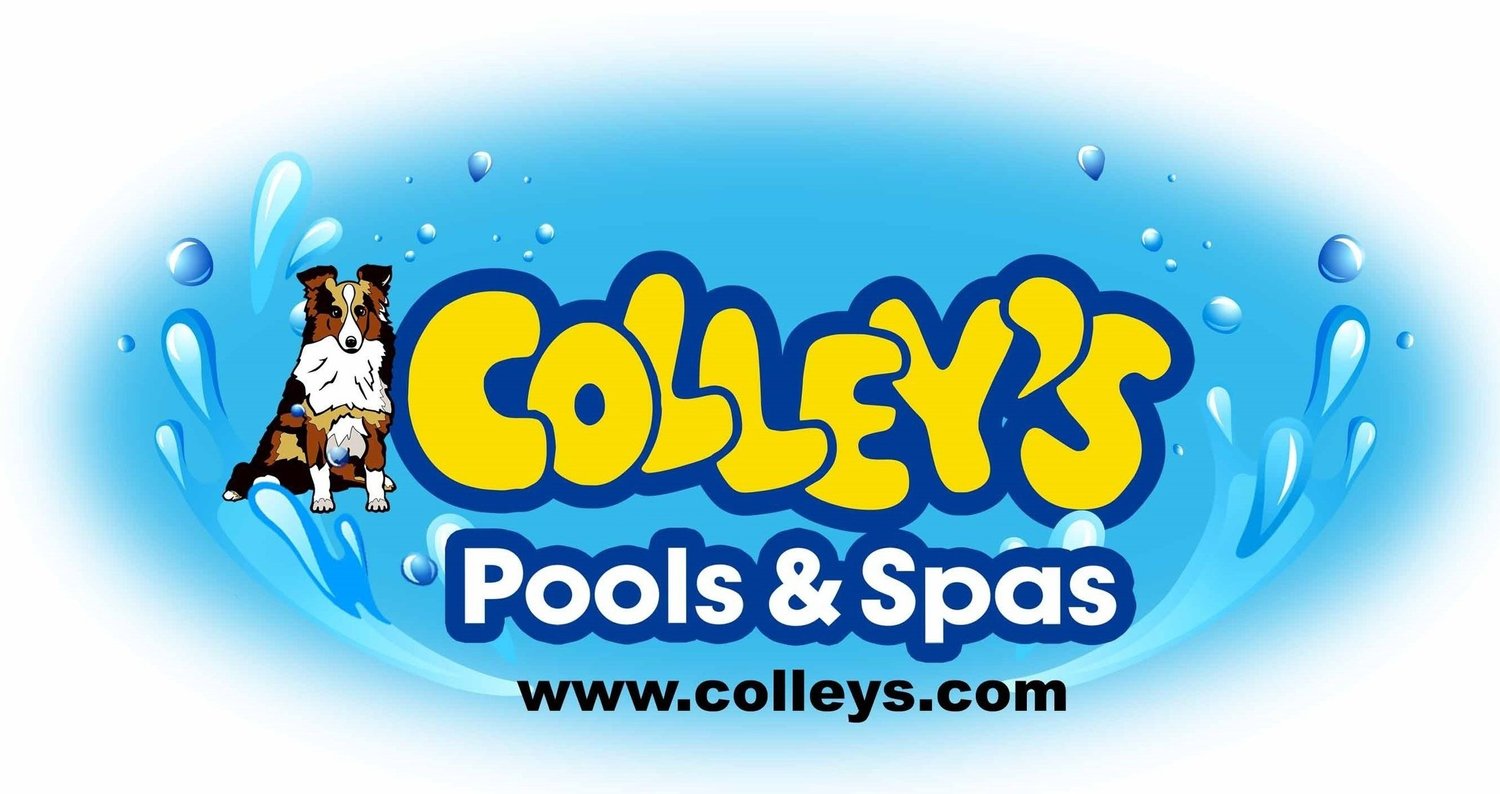To a large extent, as the filter goes, so goes the pool and spa. With that in mind, here's a short review of five basics of filter efficiency that will help keep your pools and spas clean and clear.
1) Clean the Filter on Schedule
Regular cleanings are essential to maintain proper circulation, remove debris that is sitting in the filter clogging flow and consuming chlorine as it goes by, and to help prevent degradation of the filter itself, whether it's sand, cartridge or DE.
2) Slow Down
Slower circulation speeds provided by variable-speed pumps help the filter in different ways, notably by keeping debris from being embedded. When water is moving continuously and more slowly through the filter, it allows the filter to operate more efficiently to keep the pool water cleaner, cleared and the water chemistry more balanced
3) Use a Filter Cleaning Product on Cartridges
Week to week, a good spray-down can remove debris from a cartridge filter and get it back in action quickly, but on a regular basis, cartridge filters need a good chemical cleaning to restore their effectiveness. "For cartridge filters, in addition to rinsing, specially formulated filter cleaners are necessary. But, using an enzymatic cleaner to get rid of oils and grease before using an acid cleaner can be of great benefit," says Jamie Novak, brand manager, BioLab.
4) Purge the Plumbing
Most people are unaware that in the pipes of pools and spas, biofilm grows along the walls and becomes a fortress for bacteria, which can cause problems. An enzymatic product with surfactants to dislodge and displace that build up will move it through to the main body where it can be filtered or treated with shock.
5) Replace the Filter Media
Of course, whether you're using sand, diatomaceous earth (DE) or cartridge media, nothing lasts forever. Everything needs to be replaced at some point. Pool or spa owners using cartridge filters should have a spare set available to rotate cartridges each time they are rinsed or cleaned, as it is important to replace with dry filters every time. Sand filter media should be replaced every five to seven years, ensuring that the sand particles still have the sharp edges necessary to catch and remove contaminants.
Meticulous care of filters is an investment in your pool. In the case of filters, you're putting in the time and effort to keep filters in prime working condition, so they will keep your pool clean!

